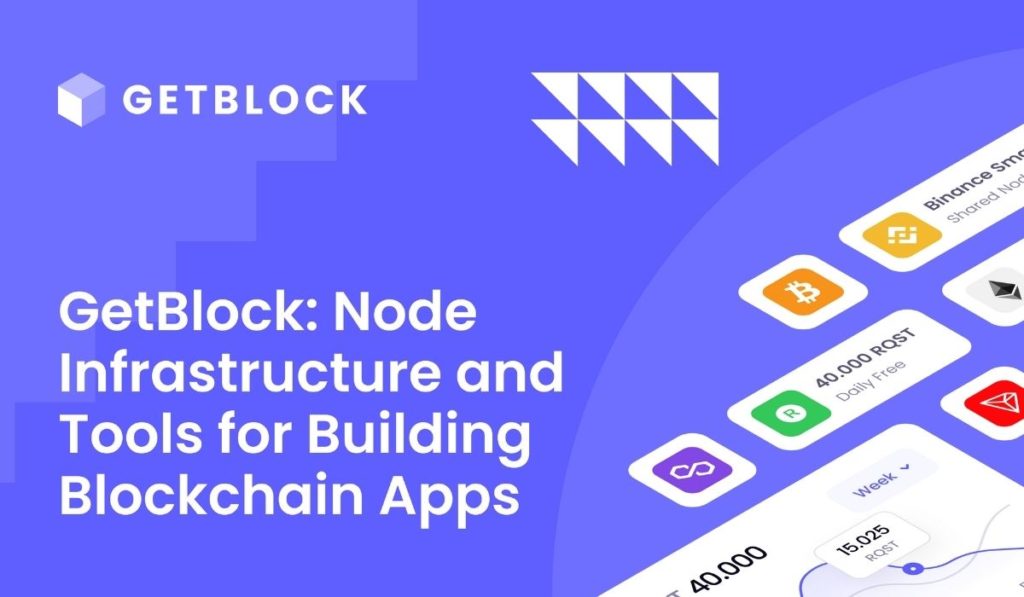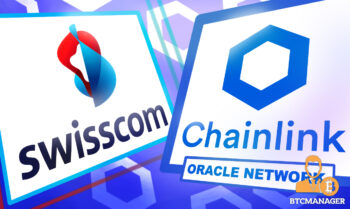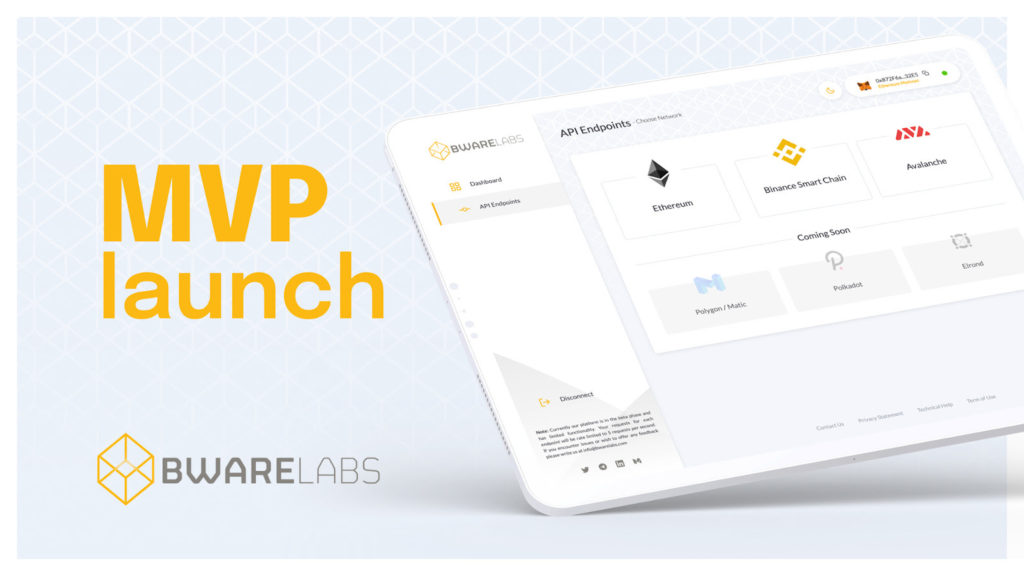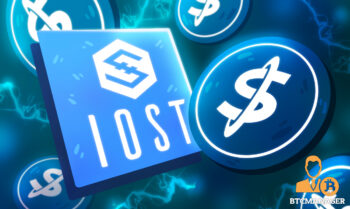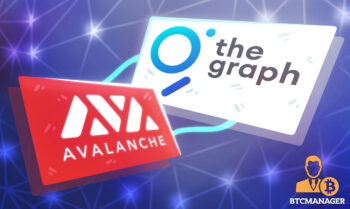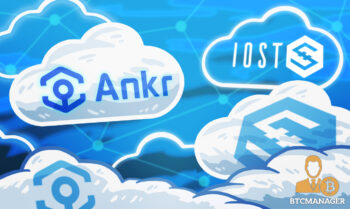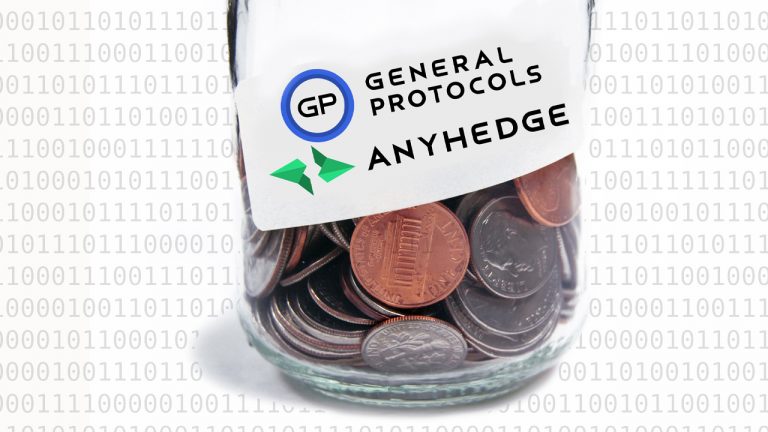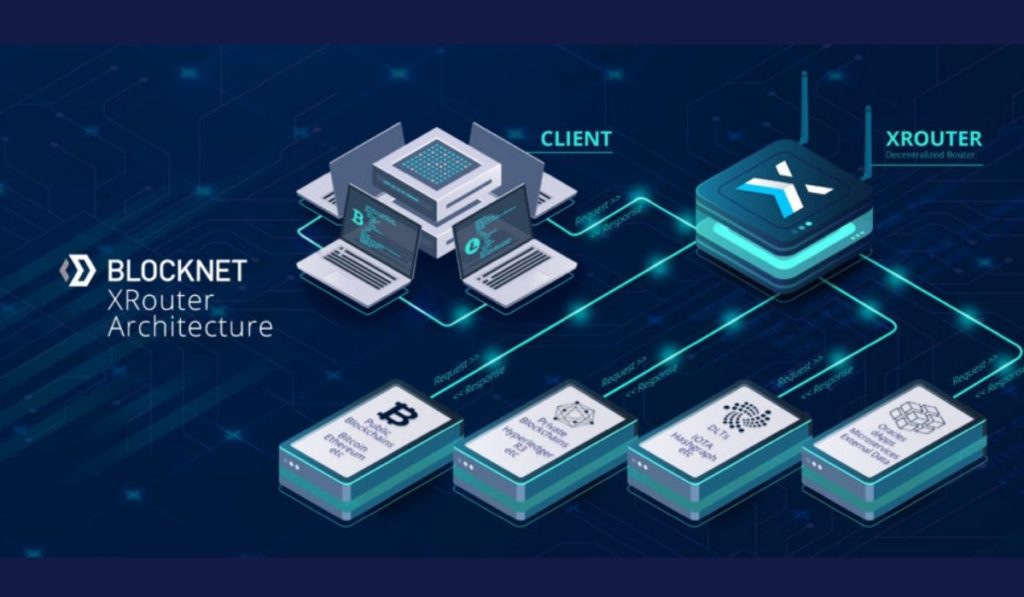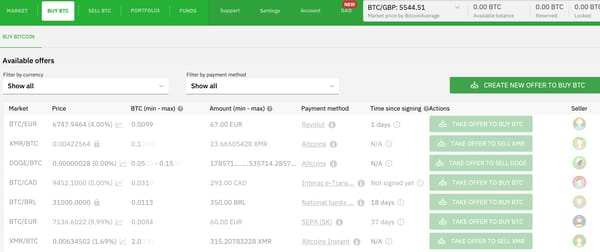2021-12-15 21:00 |
Node hosting has been around since at least 2009. However, decentralized node hosting is a new concept quickly becoming popular.
Alongside terms like “blockchain,” “cryptocurrency,” and “dVPN,” it is part of a growing buzzword dictionary. But what does it all mean?
Each of these elements is part of a larger story. One that represents a shift in the status quo to a more progressive ecosystem. One that is moving both technology and society into a more modern, secure, and efficient digital era.
What is a node?To start, I’m going to answer the starting question at hand. What is a node?
Put simply; a node is a point of connection within a network. In an environment where all devices are accessible through the network. These devices are all considered nodes. The individual definition of each node depends on the type of network it refers to — for example, Sentinel.
The structure of a working node network is composed of validators, users, node hosts, and the application creator. Validators provide consensus by participating, are responsible for securing the network, and participate in the governance of the Sentinel ecosystem.
The user is simply the end-user who wants to access a dVPN built on the framework. They want to use the internet in a provably secure manner.
Node hosts are the community members who intend to monetize the provision of unused bandwidth to dVPNs. They do this either by hosting an exit node or a relay node. This must meet certain required service level thresholds.
The dVPN application creator is responsible for user acquisition and marketing. This is to generate revenue to pay dVPN node hosts.
Each of these groups plays an important role in creating an efficient, secured network, which can evolve and integrate new technology like blockchain and cryptocurrency.
Network privacy is keySo what is the next missing piece to the metaphorical puzzle? Network privacy and free access.
Mass adoption of digital currency is firmly underway. As a result, people everywhere need a way to access these services without being flagged by harsh censorship measures. That is where decentralized VPNs come in.
dVPNs democratize internet access in a securely encrypted and provable way. Thereby allowing anyone in the world to connect to the network. As a result, they can evade surveillance from totalitarian regimes that could potentially result in death.
The Sentinel network, for example, is built on a new blockchain paradigm called Cosmos. It is a leader in the Web3 ecosystem with Akash, which disrupts cloud computing.
dVPN networks disrupt centralized VPNs. These tend to be owned by a very small number of entities that have dark backgrounds and offer features like provable encryption, bandwidth, no shared data, and distributed relay and exit nodes—all with open-source code that no centralized VPN possesses.
dVPN potentialdVPNs have the explosive potential to offer users the ability to sell and purchase bandwidth verifiably on an open and decentralized market without corrupt go-betweens.
Amazon revolutionized retail goods by giving everyone a global platform to sell and buy goods. Similarly, dVPNs will open the market for consumers to improve their digital privacy and cut costs from centralized VPNs.
Imagine when the average consumer understands they can get paid for their excess bandwidth without doing anything or that they can buy bandwidth at a much lower cost than on centralized VPNs.
It is quite literally opening free capital that people always had but could never access. This concept is semi-analogous to mining crypto, but it is a much bigger deal for all stakeholders involved.
Bridging gaps and servicesAnyone who hosts a node will be sharing their bandwidth. Thereby allowing others to use it as a bridge to reach whatever internet service they might need.
For example, this can enable Chinese citizens to access Facebook, Instagram, or YouTube. All without the CCP, or others like it, knowing.
Interoperability is the new blockchain paradigm. When a blockchain can easily communicate with other blockchains, we suddenly find ourselves in a world where no borders exist online.
Value can freely travel from blockchain to blockchain without anyone stopping it. As more technologies similar to dVPNs continue to emerge from the blockchain world, the more collective good we all participate in and benefit from.
Dealing with inefficiencies through decentralized node networksThe mission of the Sentinel ecosystem is to connect unused bandwidth to a global marketplace. From there, it can be monetized for users. Its goal is to transform peer-to-peer (P2P) bandwidth into a digital commodity recognized on the same level as storage and computing power.
Centralized storage applications, such as DropBox maintain a centralized server query system to connect the users’ interactions to the end-storage server.
Similarly, centralized VPNs also maintain a centralized query server to display available nodes and have users connect to them. This requires additional energy and hardware requirements that only increase with scale.
However, the Sentinel network is able to cut out these inefficient, expensive necessities by leveraging existing, unused bandwidth as a collective resource and the Sentinel blockchain to host and maintain the node base.
dVPNs built on Sentinel can utilize the community-powered dVPN node host network, which uses unutilized bandwidth from residential and corporate environments all over the world and reduces reliance on data centers.
Sentinel recycles unused bandwidth and reduces the energy footprint that a user would have when compared to a user operating on a centralized VPN.
Every new dVPN built on top of Sentinel’s framework will help recycle more and more bandwidth while also bringing down the costs for consumers.
The future of technology and digital financial transactions relies on this decentralized technology to ensure safe data transfers (no sharing data), reduce energy consumption, and decrease costs for users.
The post Decentralized Node Hosted Ecosystems Are the Future of Internet Privacy appeared first on BeInCrypto.
origin »Bitcoin price in Telegram @btc_price_every_hour
Internet Node Token (INT) на Currencies.ru
|
|
